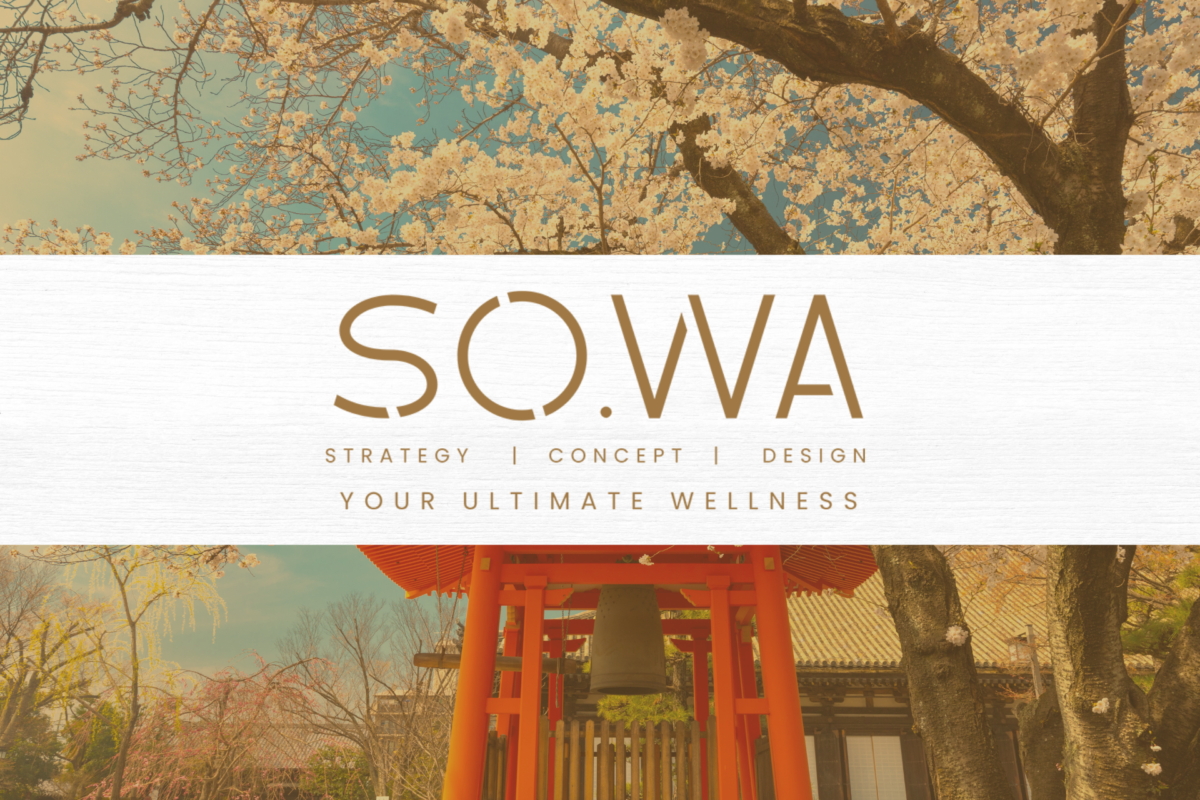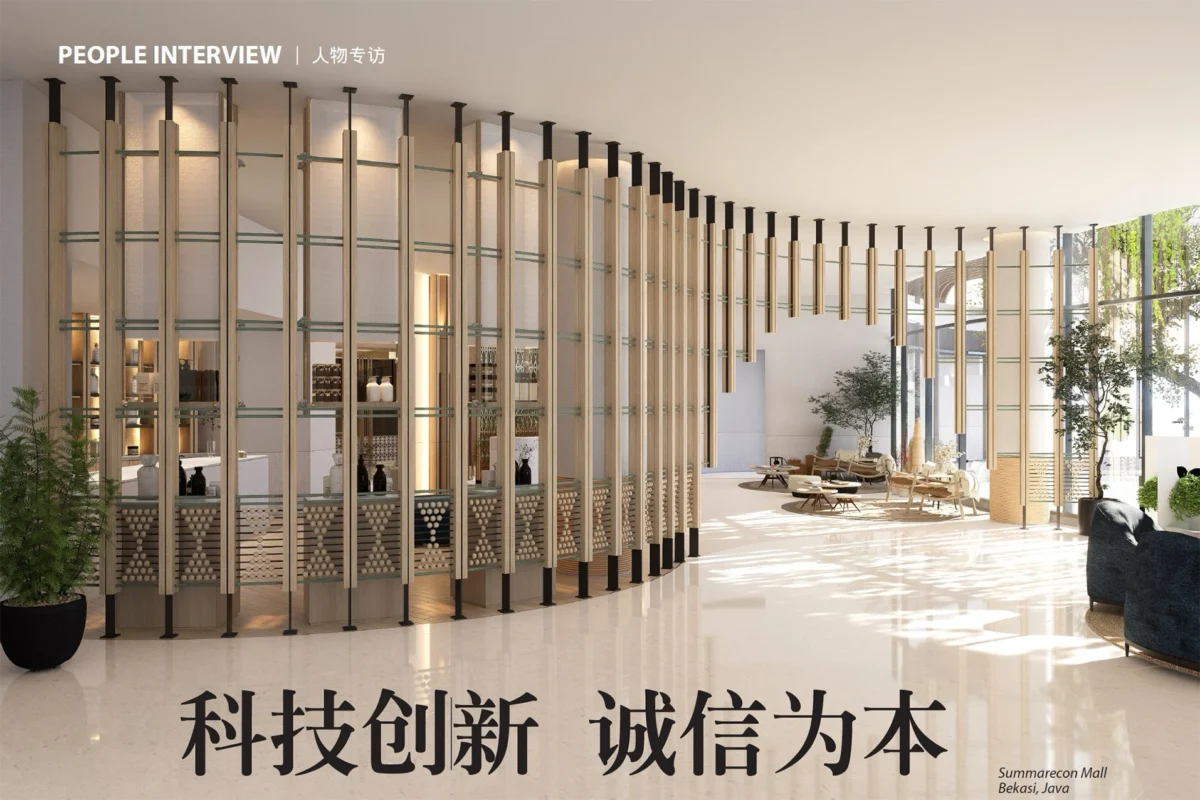
Japan has a unique bathing culture known as “Nuru-yu” (lukewarm water bathing), where individuals soak in mildly warm water for an extended period rather than briefly immersing themselves in hot water. Typically, hot springs at 38–40°C are considered “Nuru-yu,” offering deep relaxation while reducing physical strain. This culture goes beyond mere bathing habits, presenting itself as a wellness experience that promotes mental and physical health, making it an attractive offering for both domestic and international travelers.
The Wellness Benefits of Nuru-yu
Soaking in Nuru-yu promotes parasympathetic nervous system activation, which helps reduce stress and balance the autonomic nervous system. Studies have shown that soaking in lukewarm water 1 to 2 hours before bedtime activates the parasympathetic nervous system, leading to deeper sleep.
A study conducted by Akita University (Research Report) confirmed that bathing in hot springs at 38–40°C improves deep sleep. The study found that:
- Soaking in Nuru-yu before sleep temporarily raises core body temperature, which then gradually drops, making it easier to fall asleep.
- It not only improves sleep onset but also increases the duration of deep, non-REM sleep.
These findings demonstrate that Nuru-yu is not just a relaxation technique but a scientifically proven method for improving sleep, making it an essential wellness habit in today’s stress-filled society.
The Potential of Nuru-yu in Wellness Tourism
Wellness tourism is expanding globally, with growing demand for travel experiences that prioritize mental and physical health. While Japan’s hot spring culture is already well-known among international visitors, incorporating Nuru-yu into wellness programs presents significant opportunities.
Ways to Integrate Nuru-yu into Wellness Tourism
🌿 Sleep Retreats Featuring Onsen Programs
- Incorporating the “Nuru-yu × Pre-Sleep” habit into sleep retreat programs at hot spring resorts.
- Developing stay-based programs focused on improving sleep quality.
🌿 Digital Detox & Mindfulness Experiences
- Encouraging visitors to immerse themselves in Nuru-yu while avoiding digital devices, promoting mindfulness by focusing on “the present moment.”
🌿 Integrating Onsen with Holistic Wellness Programs
- Combining Nuru-yu with forest bathing for a “Nature Therapy Retreat.”
- Merging hot spring bathing with yoga and breathing techniques to maximize relaxation benefits.
Conclusion
Japan’s Nuru-yu culture is more than just a bathing tradition; it serves as a scientifically backed wellness experience that enhances sleep, reduces stress, and promotes mental and physical recovery. Expanding wellness tourism through Nuru-yu can further enhance Japan’s unique hot spring culture, offering new value to domestic and international travelers.
By implementing scientifically supported wellness programs centered around Nuru-yu at onsen resorts and wellness facilities, Japan can strengthen its position in the global wellness tourism industry.
A journey of relaxation, where the gentle warmth of Nuru-yu soothes both body and mind.
This may very well be the next evolution of wellness tourism.



